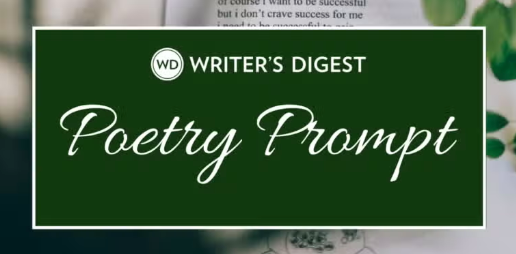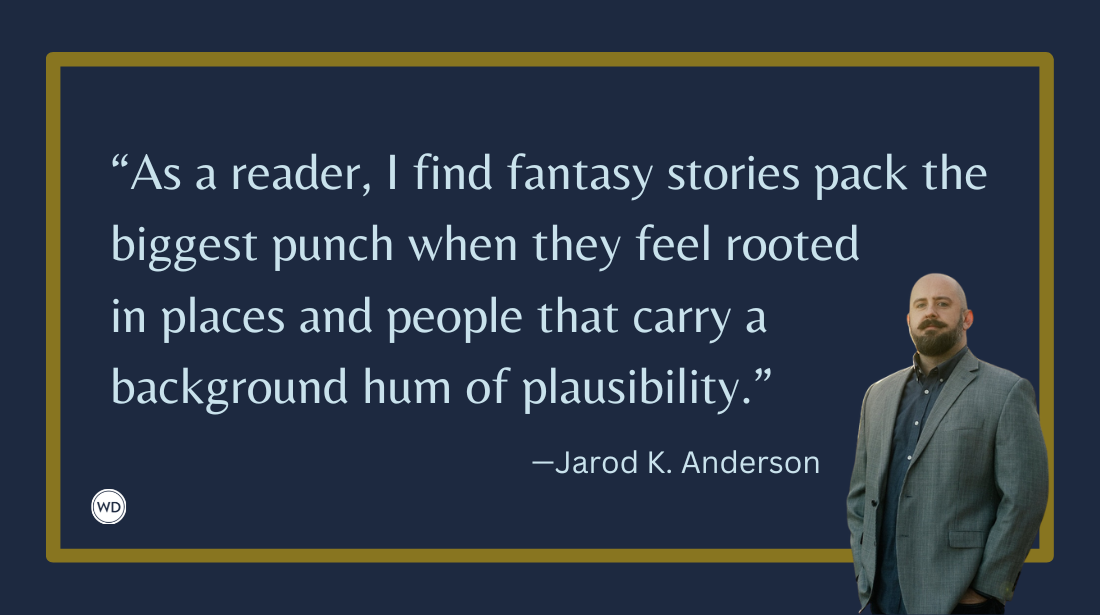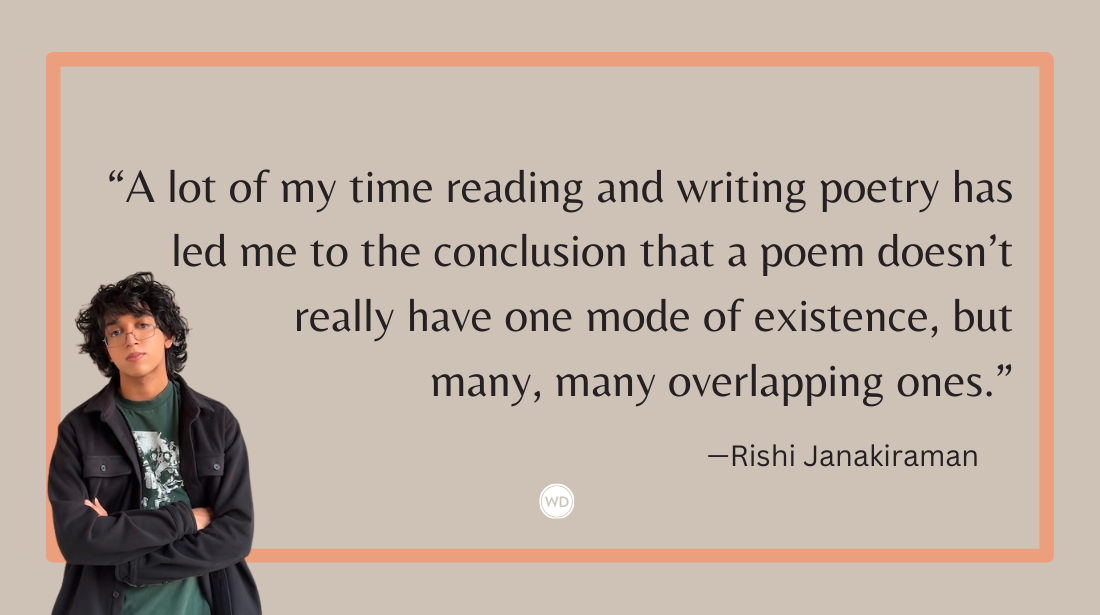Bref Double: Poetic Form
The bref double, a fourteen-line French poetic form, is explained, including how to handle its A-B-C rhyme pattern, syllables, quatrains, and concluding couplet.
I've always been an admirer of French poetic forms, and I'm really digging the unusual flexibility offered with the bref double. It's a quatorzain, which is any stanza or poem of 14 lines that is not a sonnet.
Here are the rules for a bref double:
- 4 stanzas: 3 quatrains (or 4-line stanzas) and 1 couplet (or 2-line stanza)
- 3 rhymes: an A rhyme, B rhyme, and C rhyme
- The A and B rhymes appear twice in the first 3 stanzas and once each in the couplet
- The C rhyme is the final line in each of the quatrains
- Each poem has a variable line length, but the lines should be consistent within each poem
*****
Play with poetic forms!
Poetic forms are fun poetic games, and this digital guide collects more than 100 poetic forms, including more established poetic forms (like sestinas and sonnets) and newer invented forms (like golden shovels and fibs).
*****
Here's my attempt at a bref double:
"dayton"
he lived in a city
made of elevators
and dead end alleyways
all was a box or trap
even the kids knew life
by its fistfights and strays
cats and dogs chased across
the corporation map
his first kiss was a lie
but one that was pretty
his teenage love affairs
flew through him in a snap
leaving him with gritty
women and one-act plays






